To get over colds and viruses during the winter season, we need to be very careful when choosing each and every thing we put in our mouth. The winter menu is fundamentally different from the summer one, but we must not ignore vitamins and minerals just because there are less fruits and vegetables available during the cold months.
Here are the 5 healthiest foods for the winter, classified by the global online food delivery platform Foodpanda:
- Citruses are a great way to substitute some summer fruits. They are juicy and very rich in vitamins, with vitamin C more than any other vitamin.
Citruses also contain the flavonoid hesperidin - experts explain that it is responsible for lowering triglycerides and so-called bad cholesterol (LDL) and increasing good cholesterol(HDL). Citrus fruits include delicious mandarins, oranges, grapefruits - also don't forget about lemons and limes.
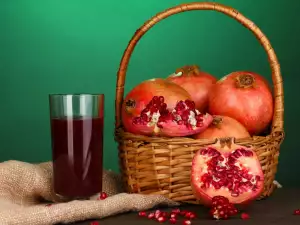
- For better concentration and stimulation of brain function, experts recommend eating nuts, with walnuts turning out to be the most suitable. These nuts are healthy and highly nutritious. It is best, no matter what type of nuts you've chosen, to eat them raw because in that form they contain less calories and maximum nutrition.
- Pomegranate is also delicious and extremely healthy - its juice contains plenty of antioxidants and just one glass a day will help keep free radicals from being oxidized by LDL. Oxidized LDL is one of the causes of plaque buildup in the arteries.
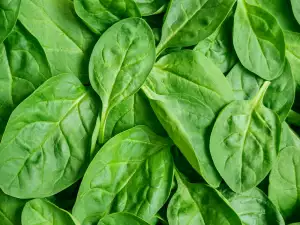
Pomegranate juice is incredibly good for people suffering from coronary heart disease. Coronary heart disease is a condition in which the heart receives less oxygen because of clogged arteries in the body, while Pomegranate juice improves blood flow to the heart.
- Kale, spinach and all kinds of dark leafy vegetables in general are highly recommended for consumption, being abundantly rich in vitamins C, A and K. In addition, these vegetables are an excellent source of folic acid - it is especially valuable for women of childbearing age.
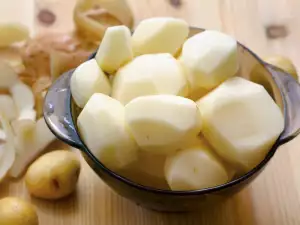
- Potatoes are often present at the dinner table, prepared in various ways. However, they are not particularly recommended for frequent consumption since they contain starch.
It turns out, that in contrast to other products that contain starch (bread and rice, where there are no healthy substances), potatoes do have such. They are a wonderful source of folic acid, vitamins C and B6.
They also contain fiber - on average 4 g per medium-sized potato. Experts explain that women need 25 g of fiber daily, and men - 38 g. Purple potatoes contain antioxidants which decrease the risk of cancer and cardiovascular diseases - they are called anthocyanins.

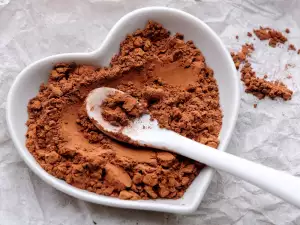
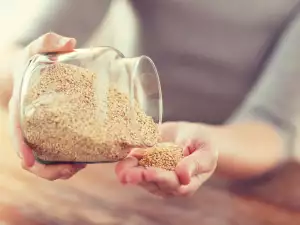
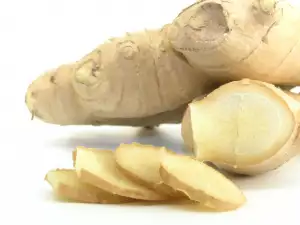







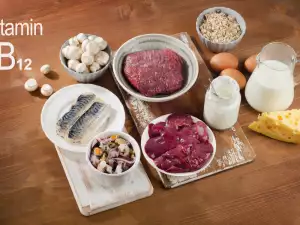








Comments